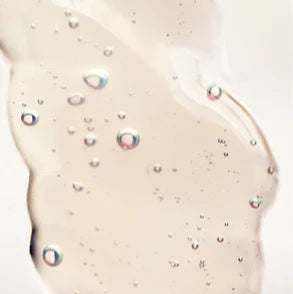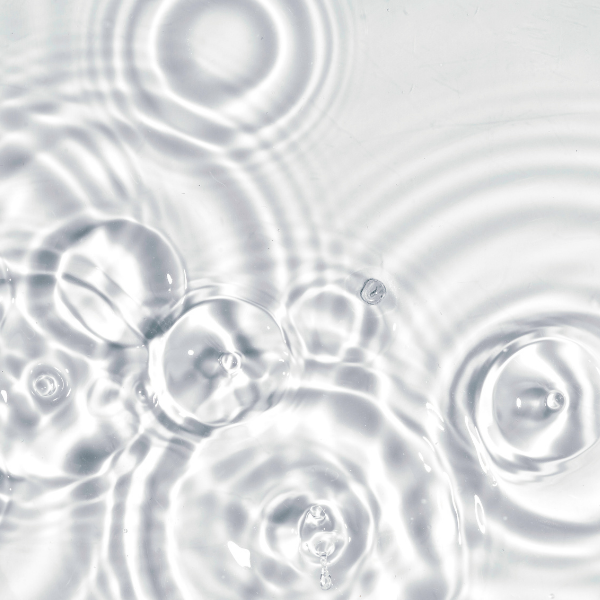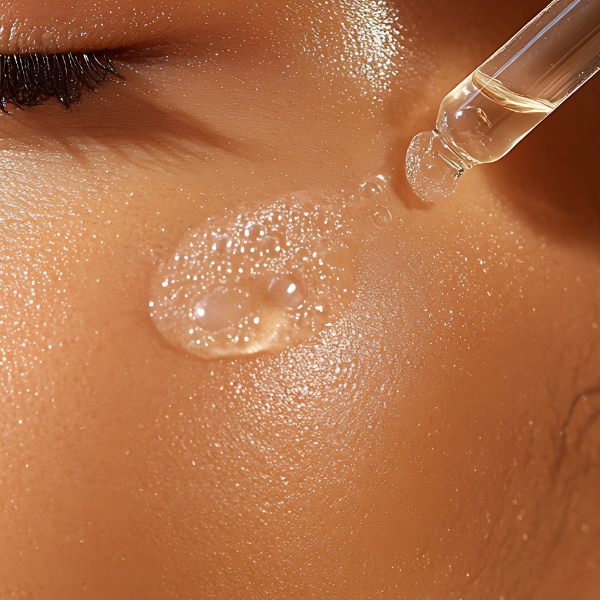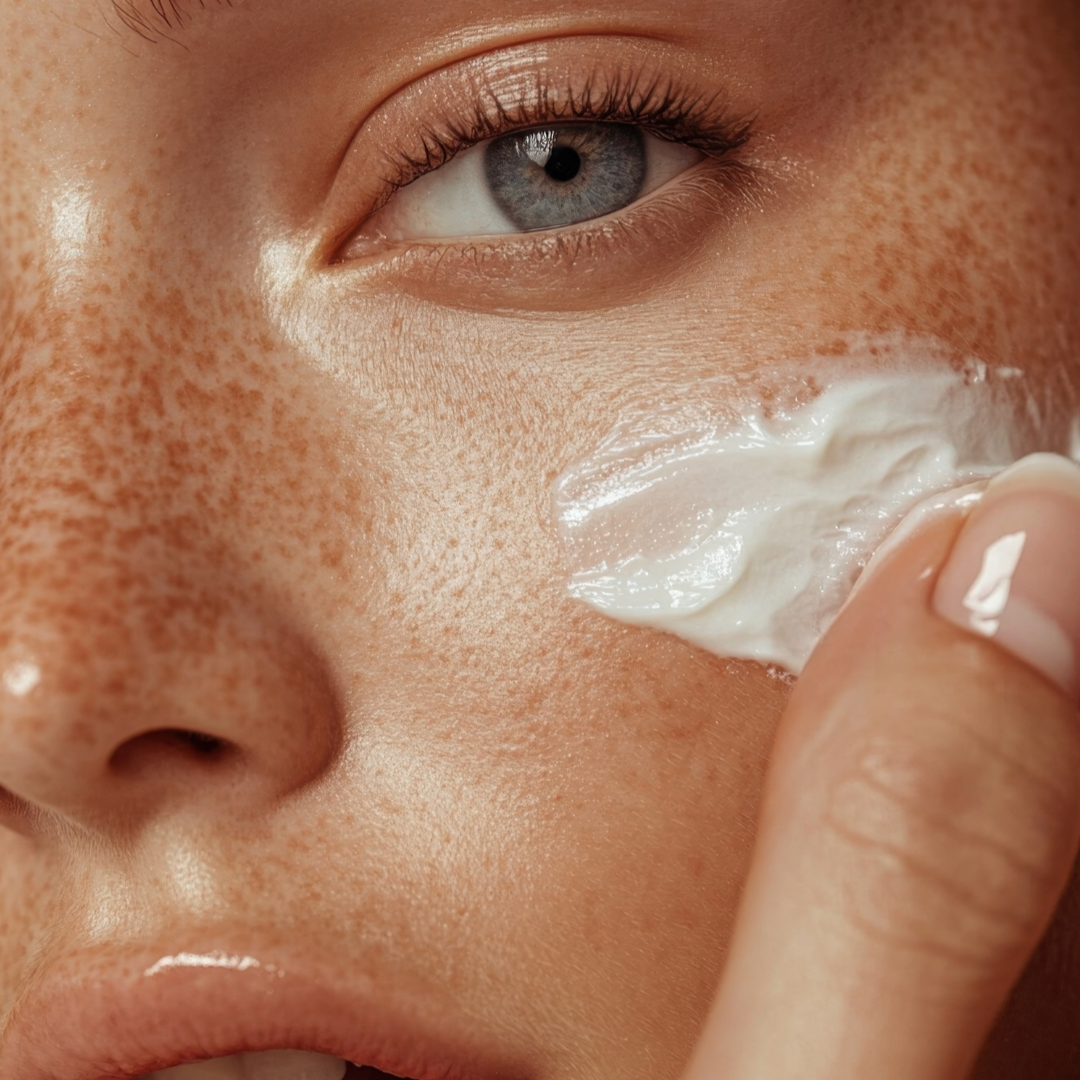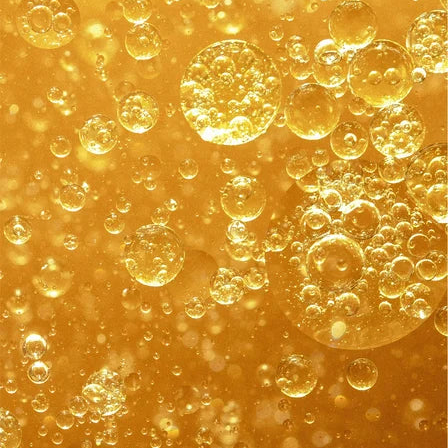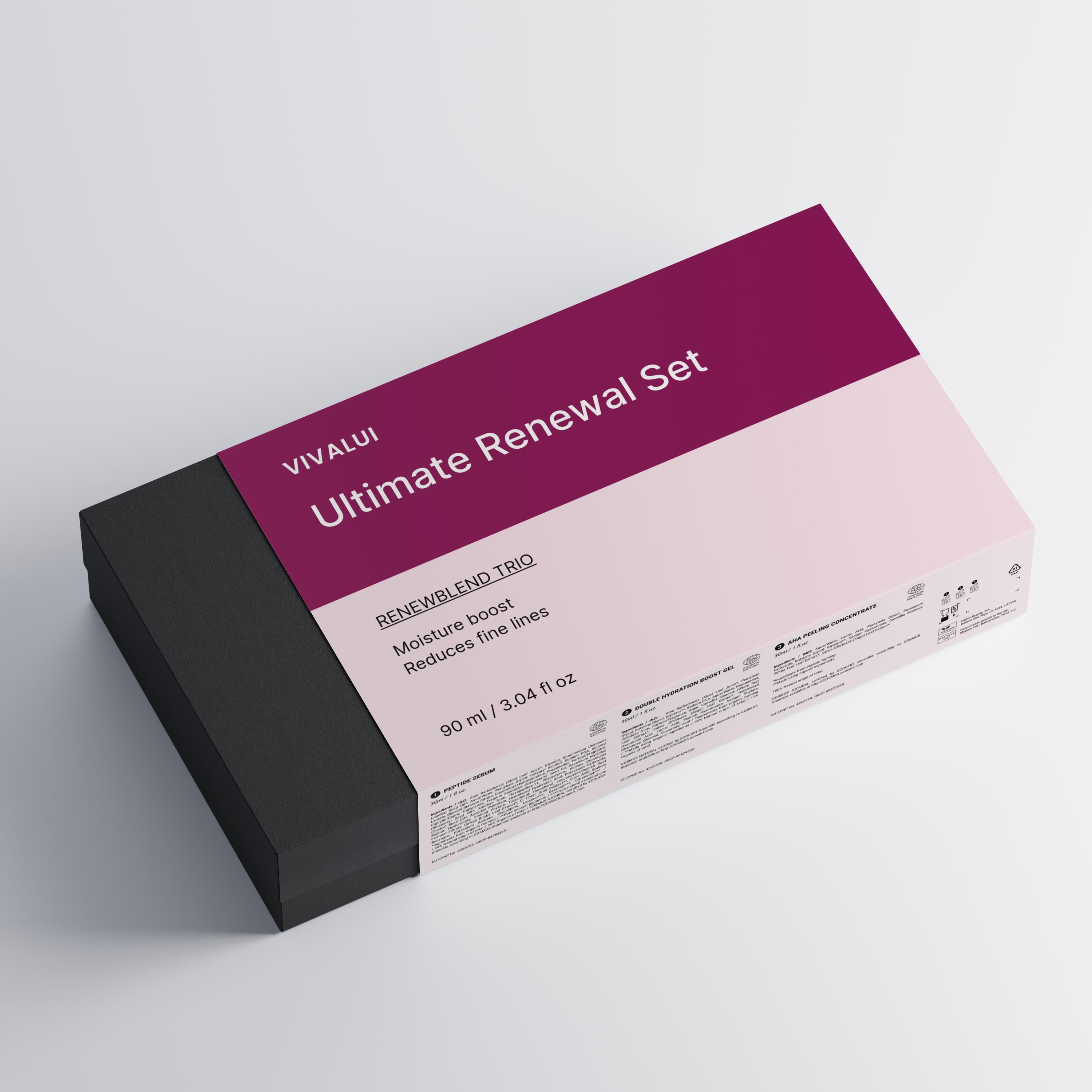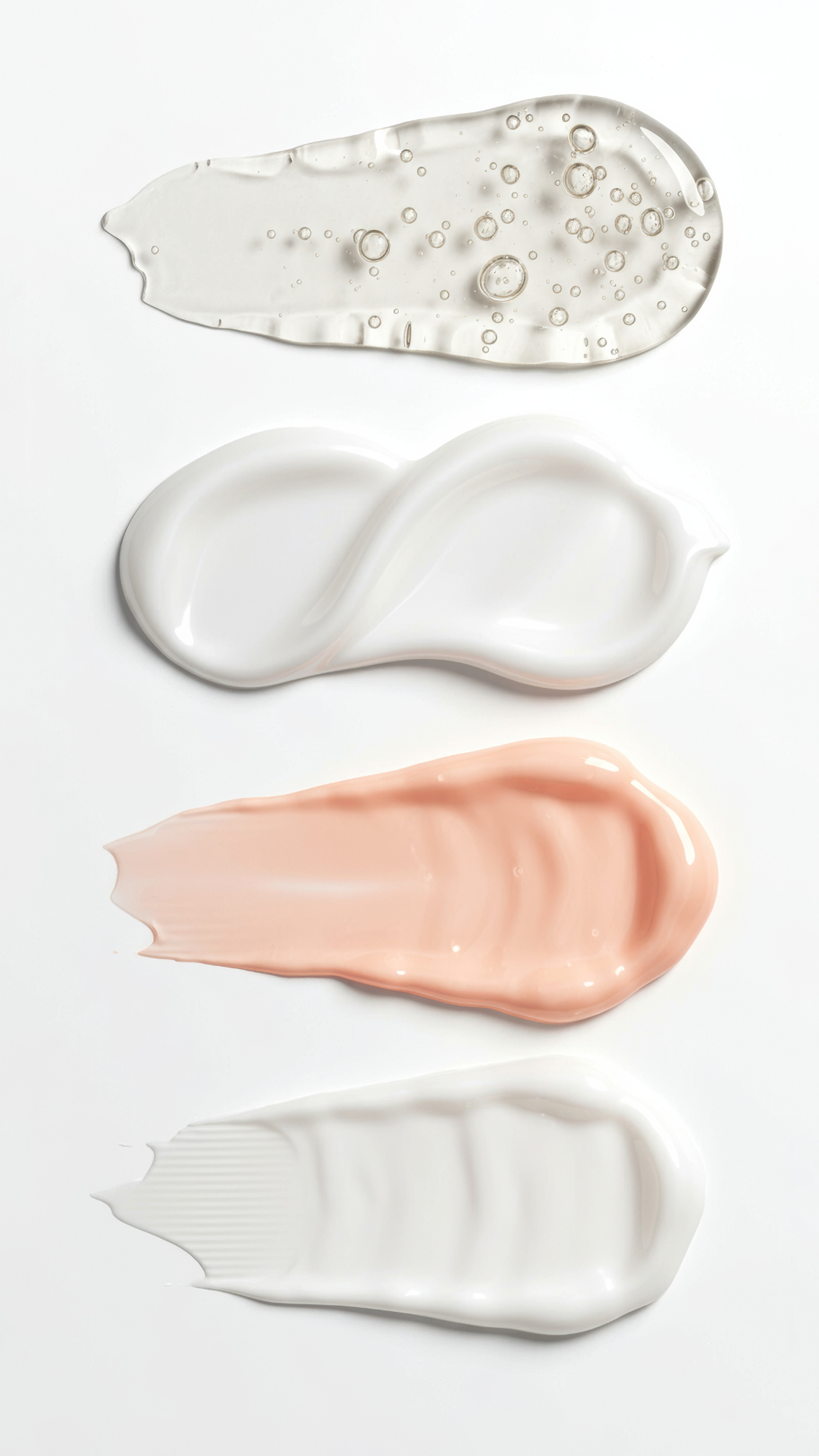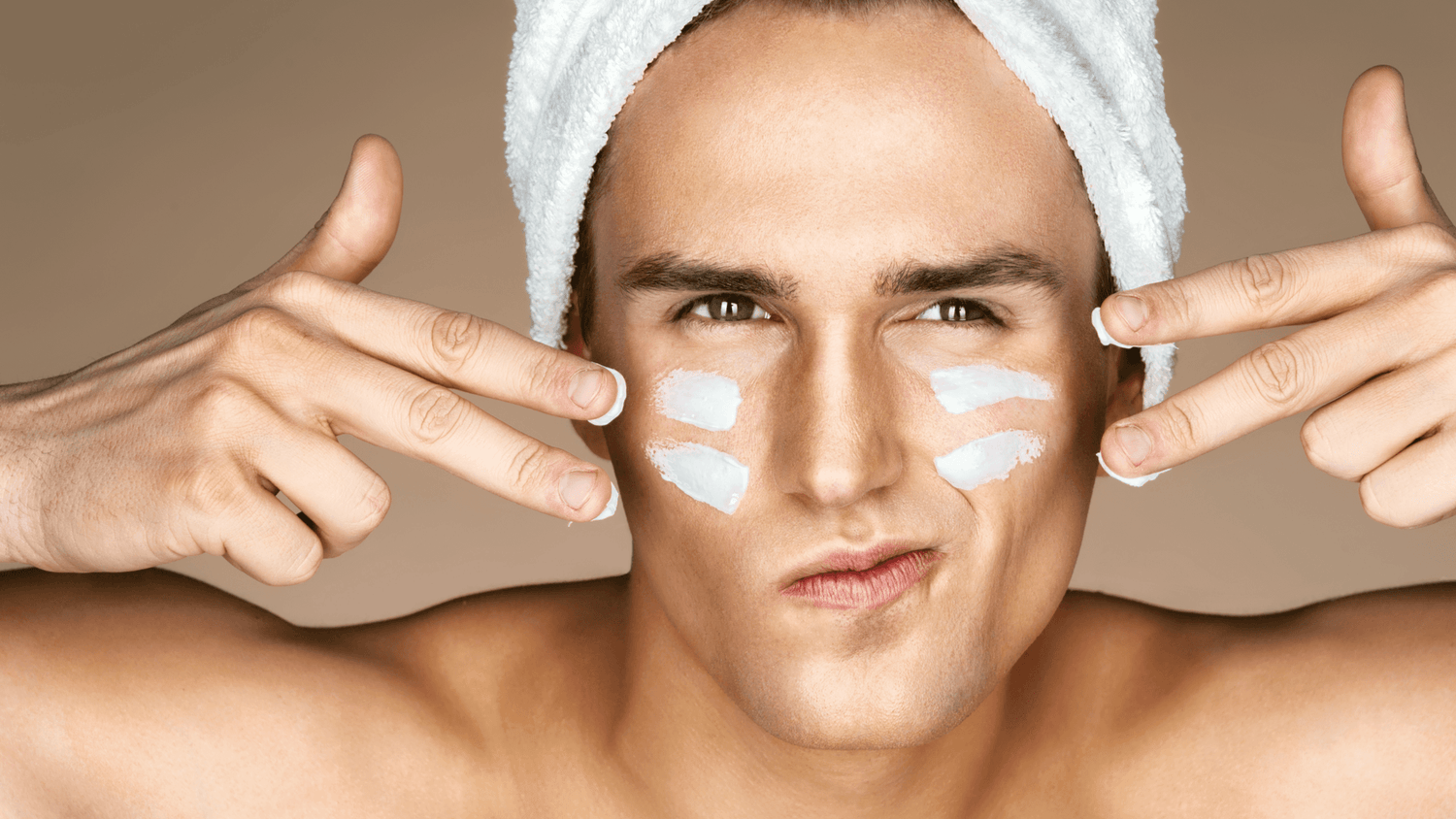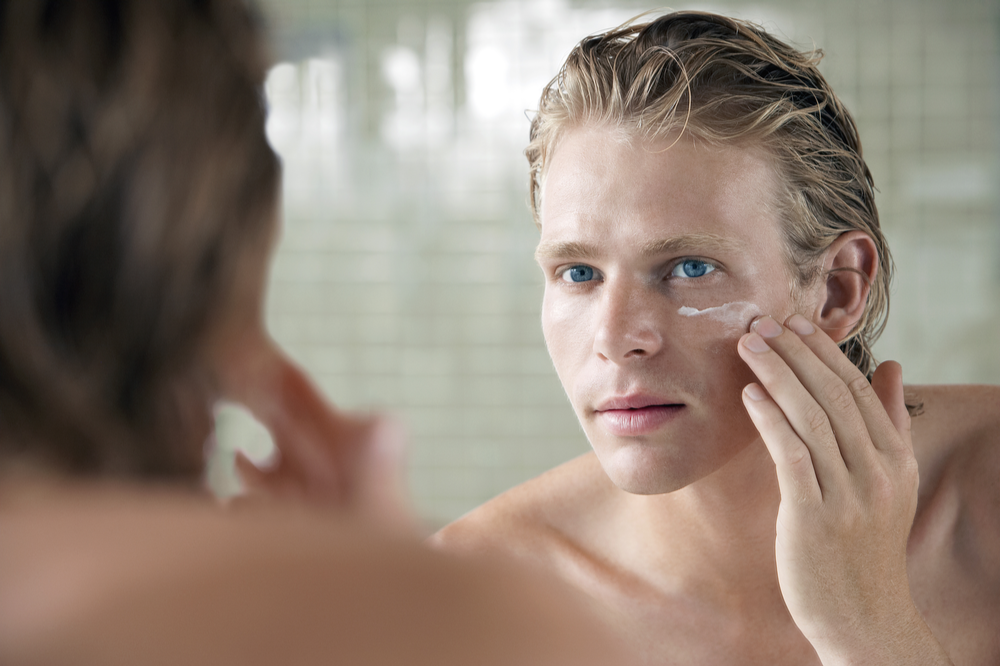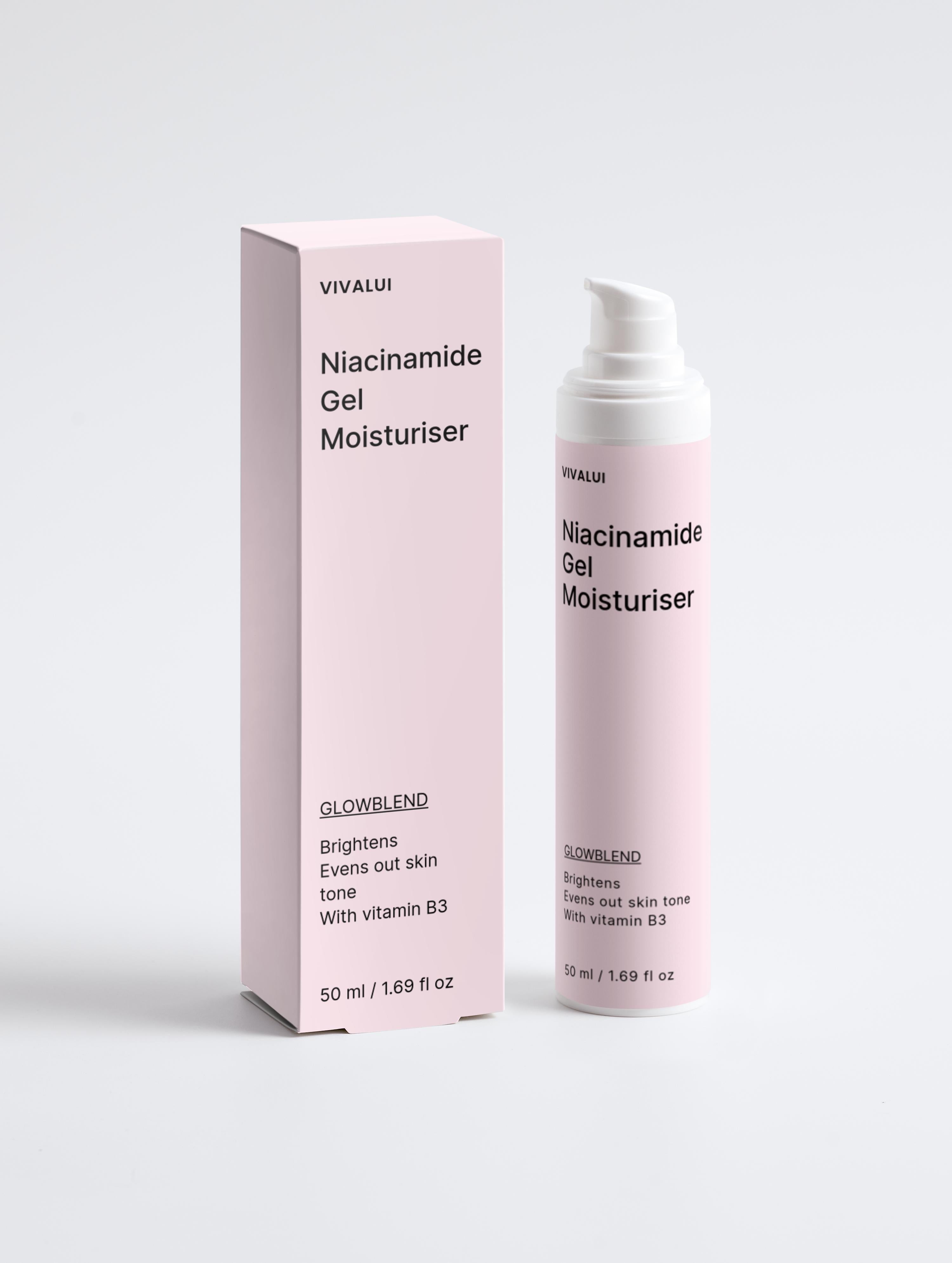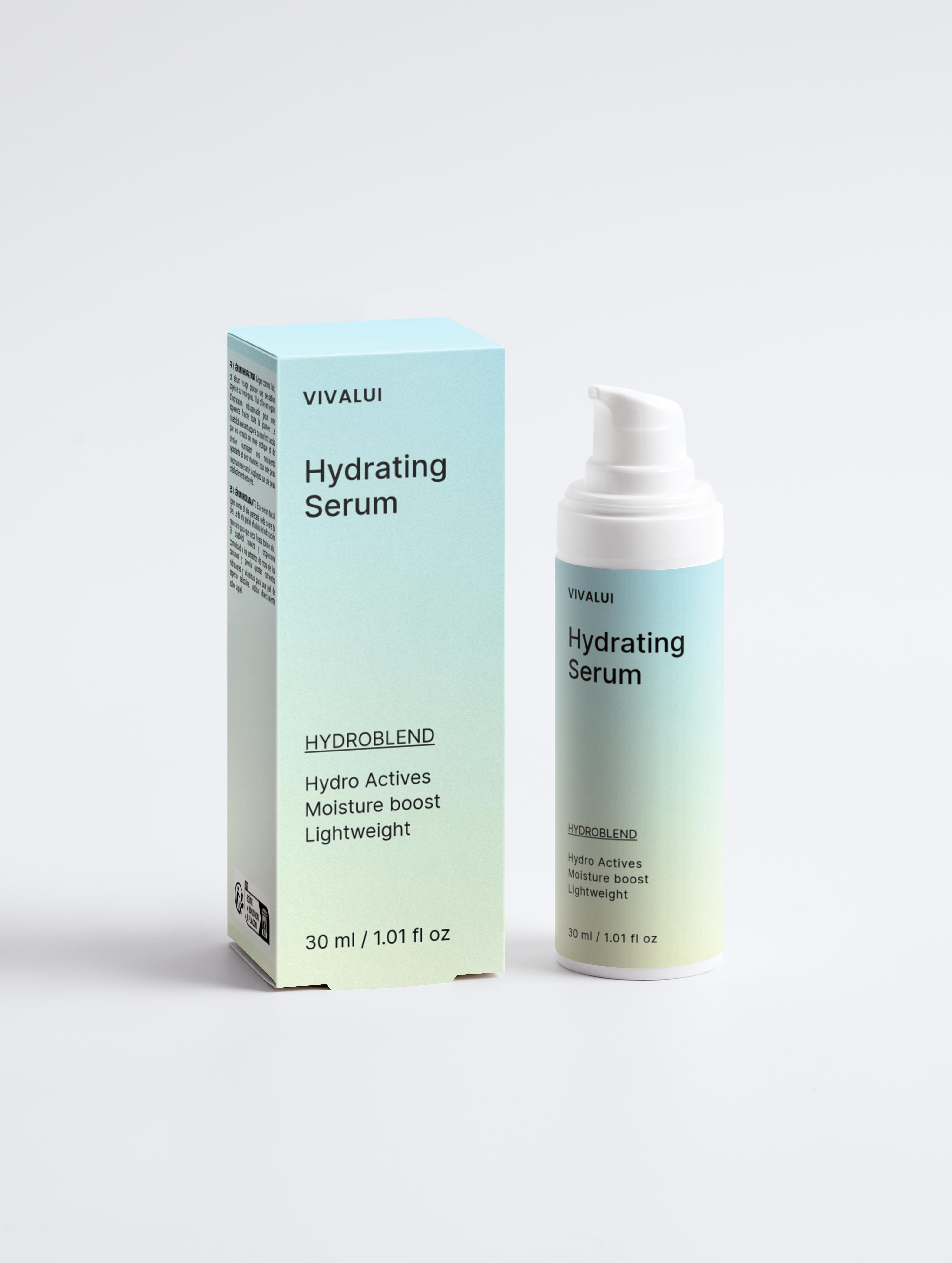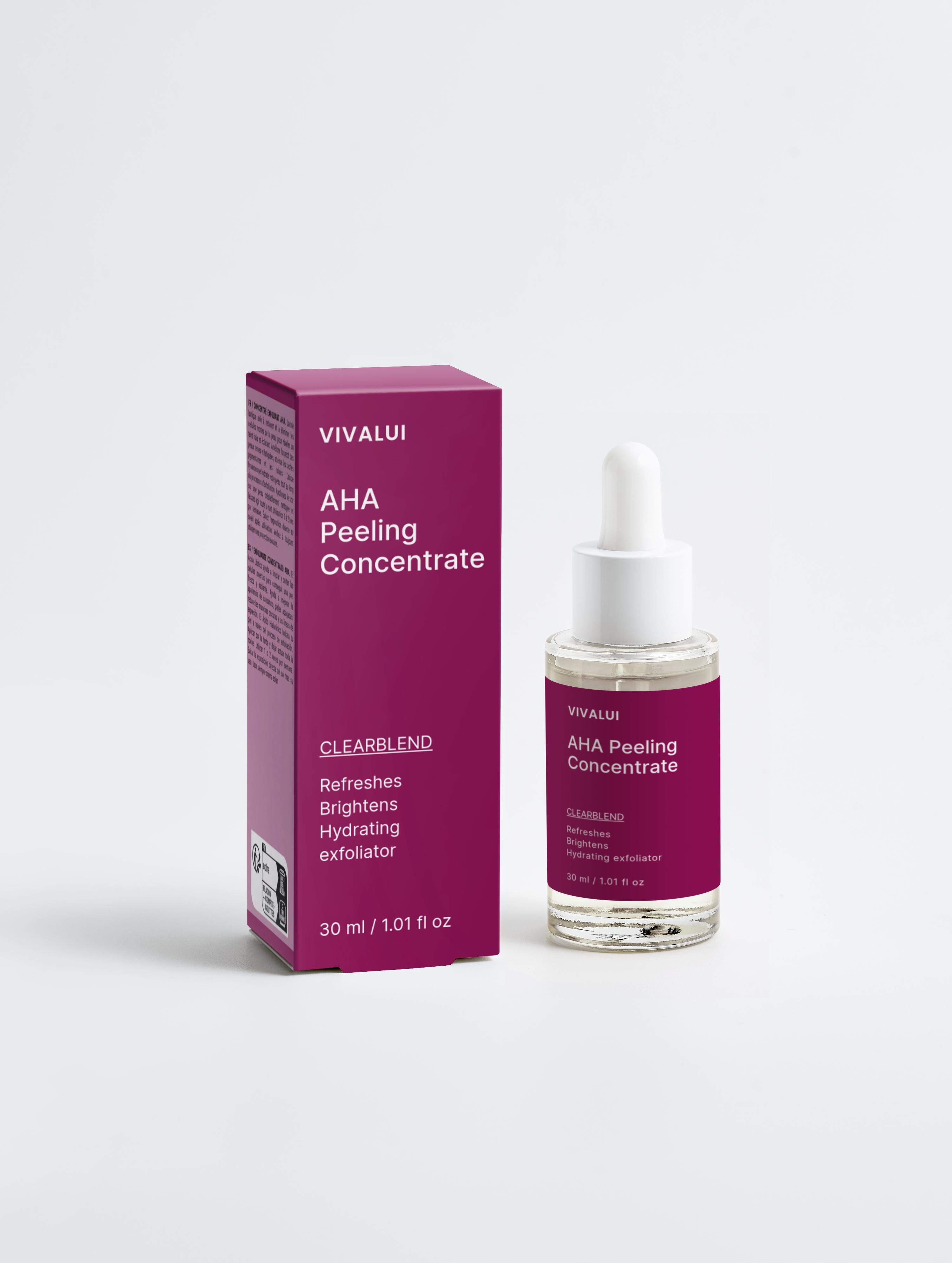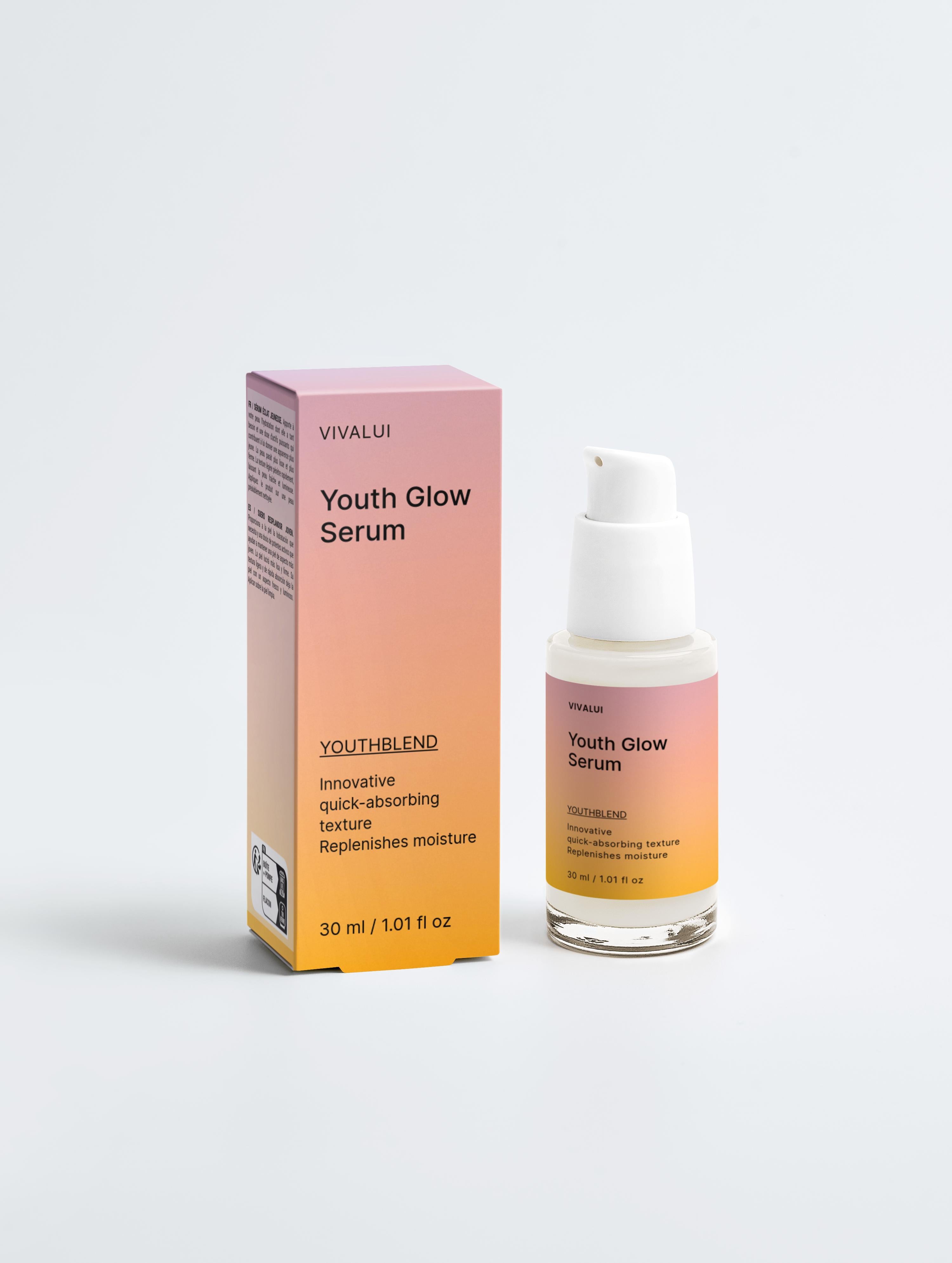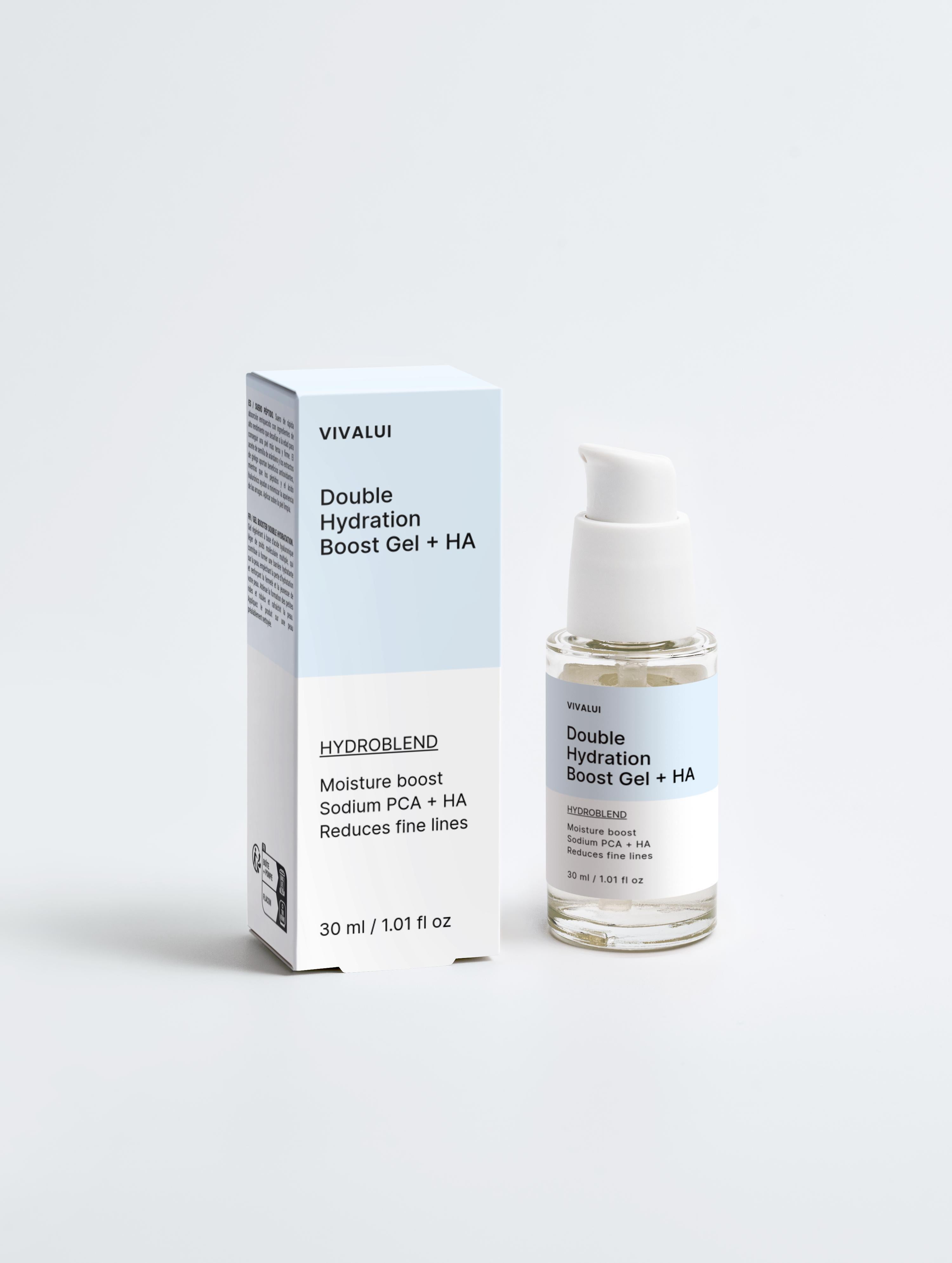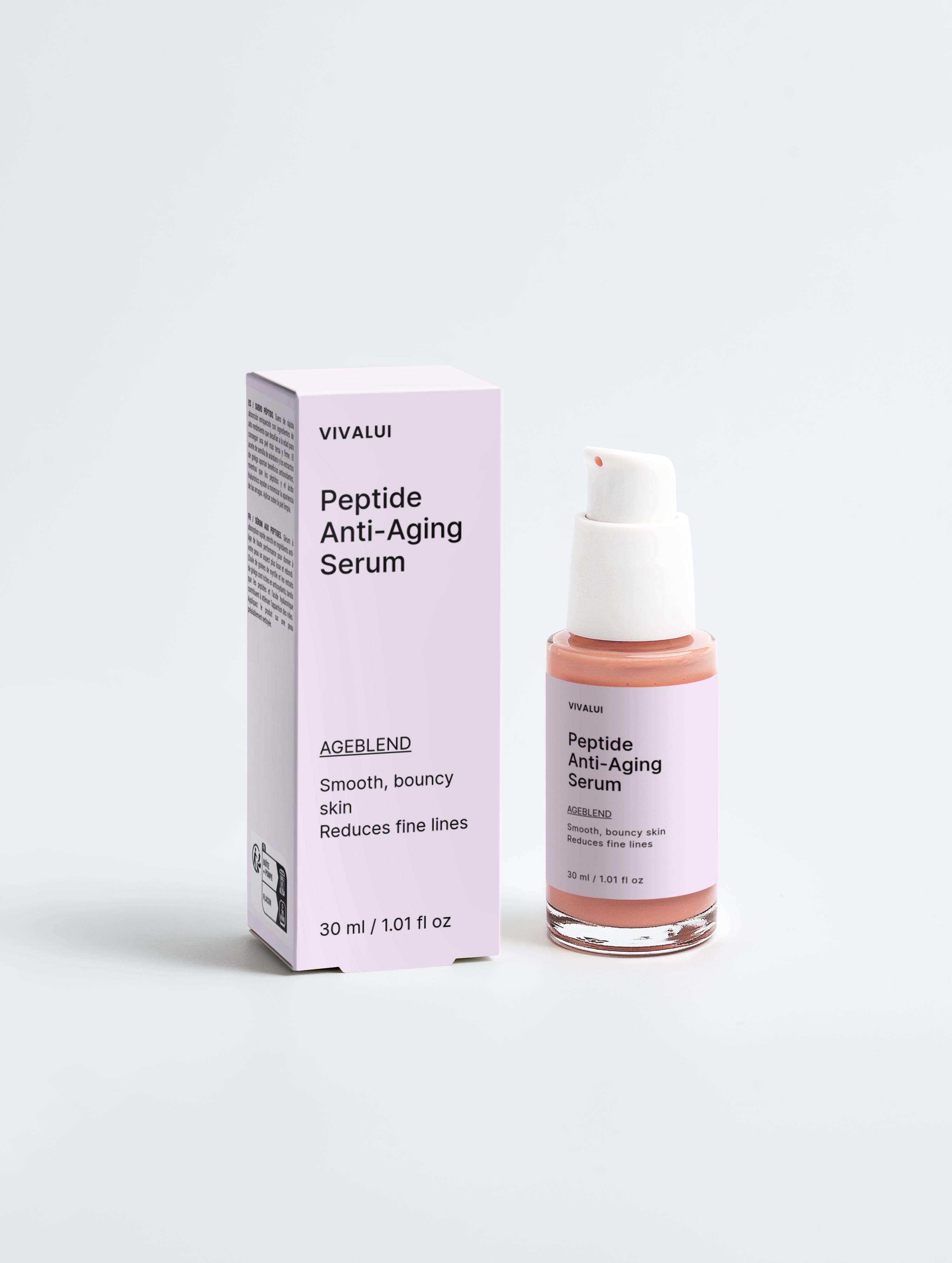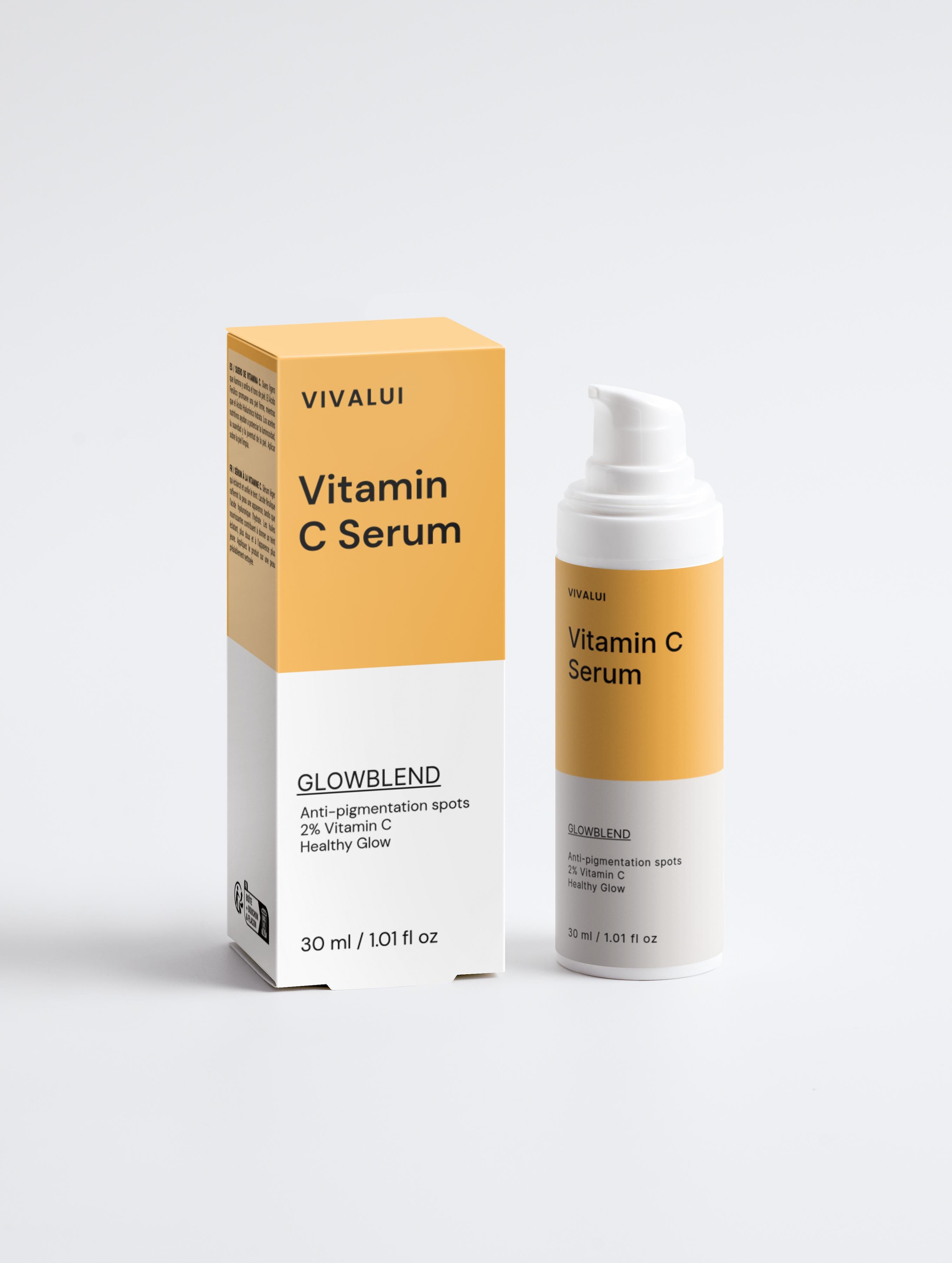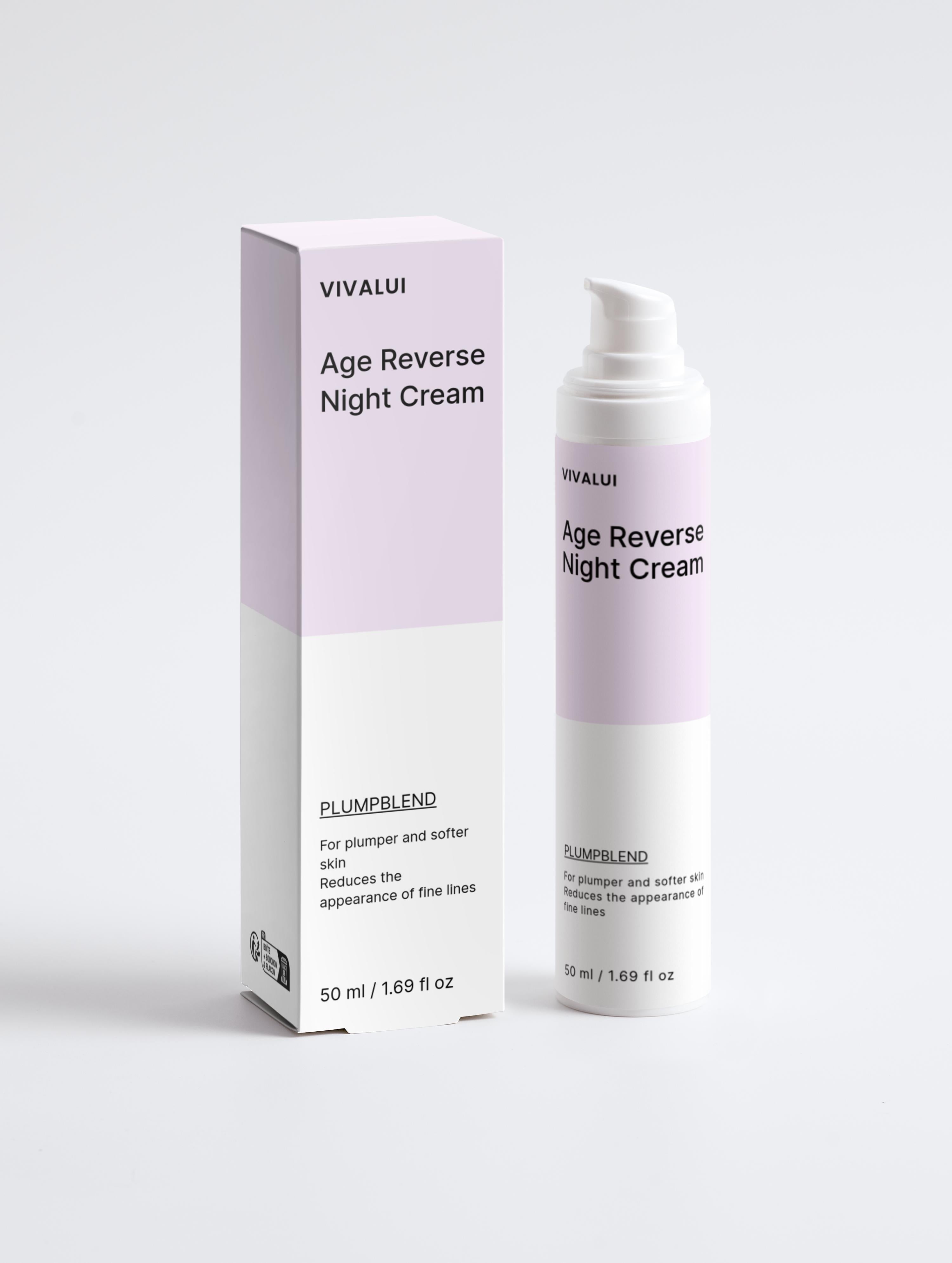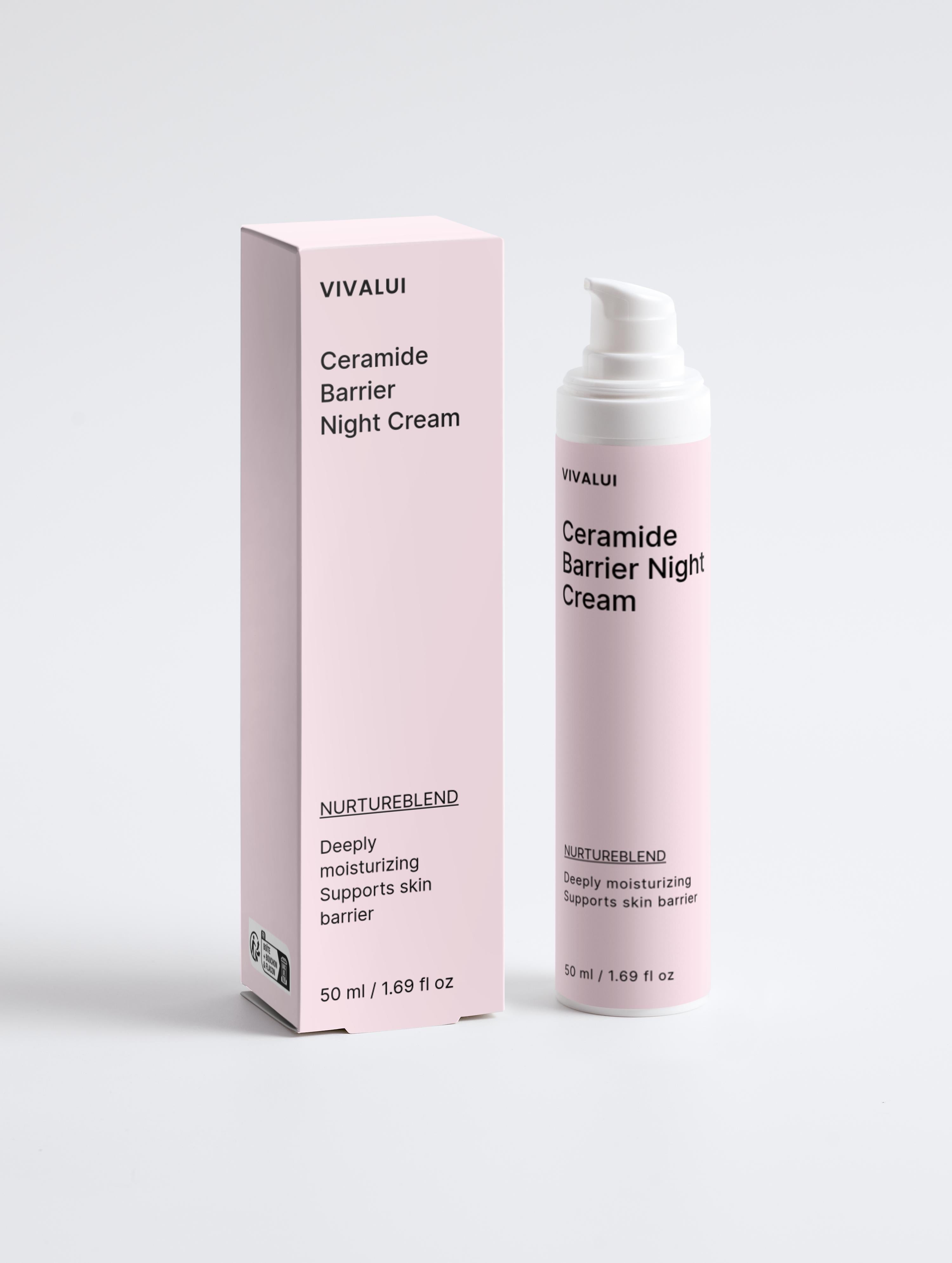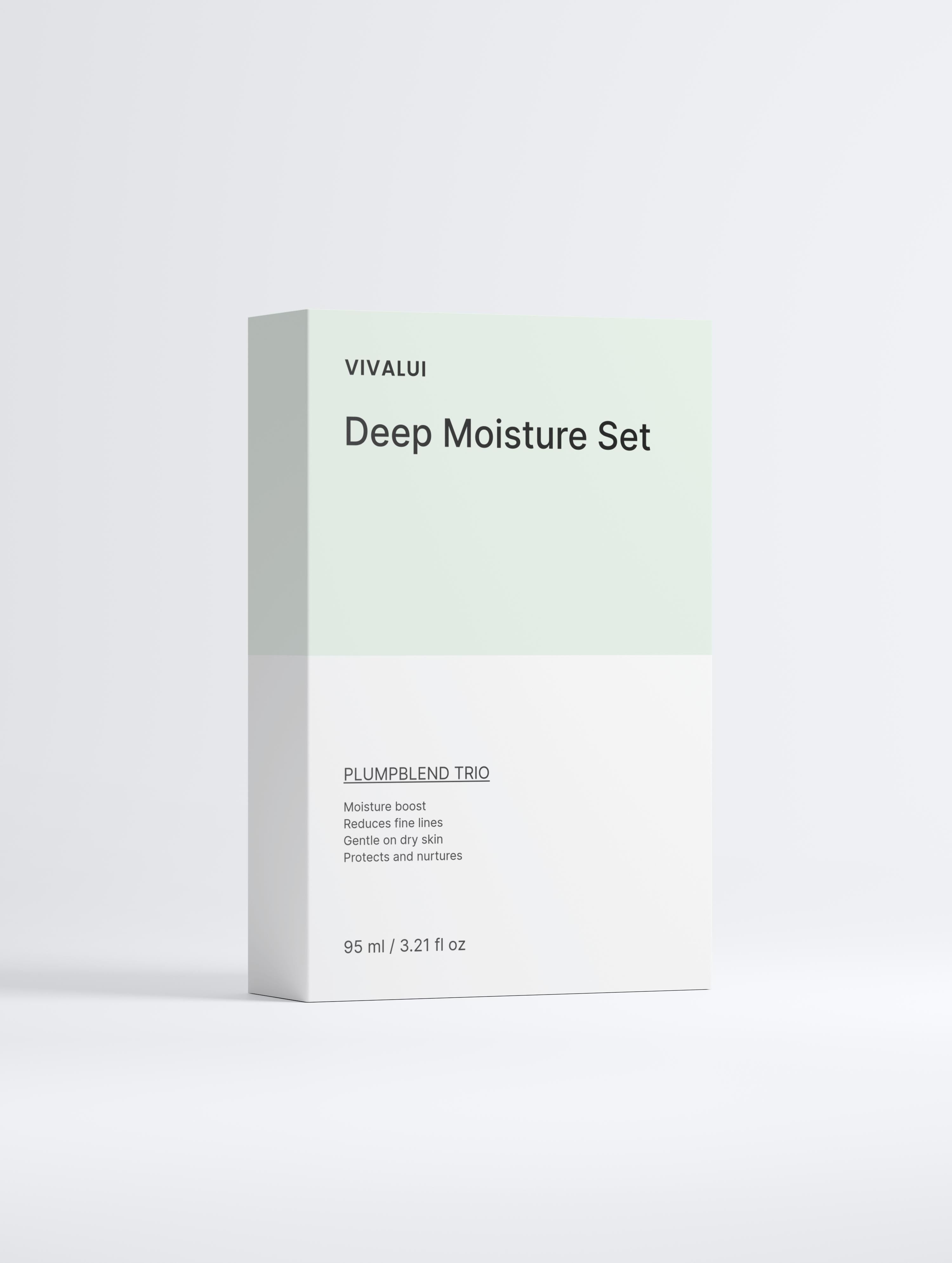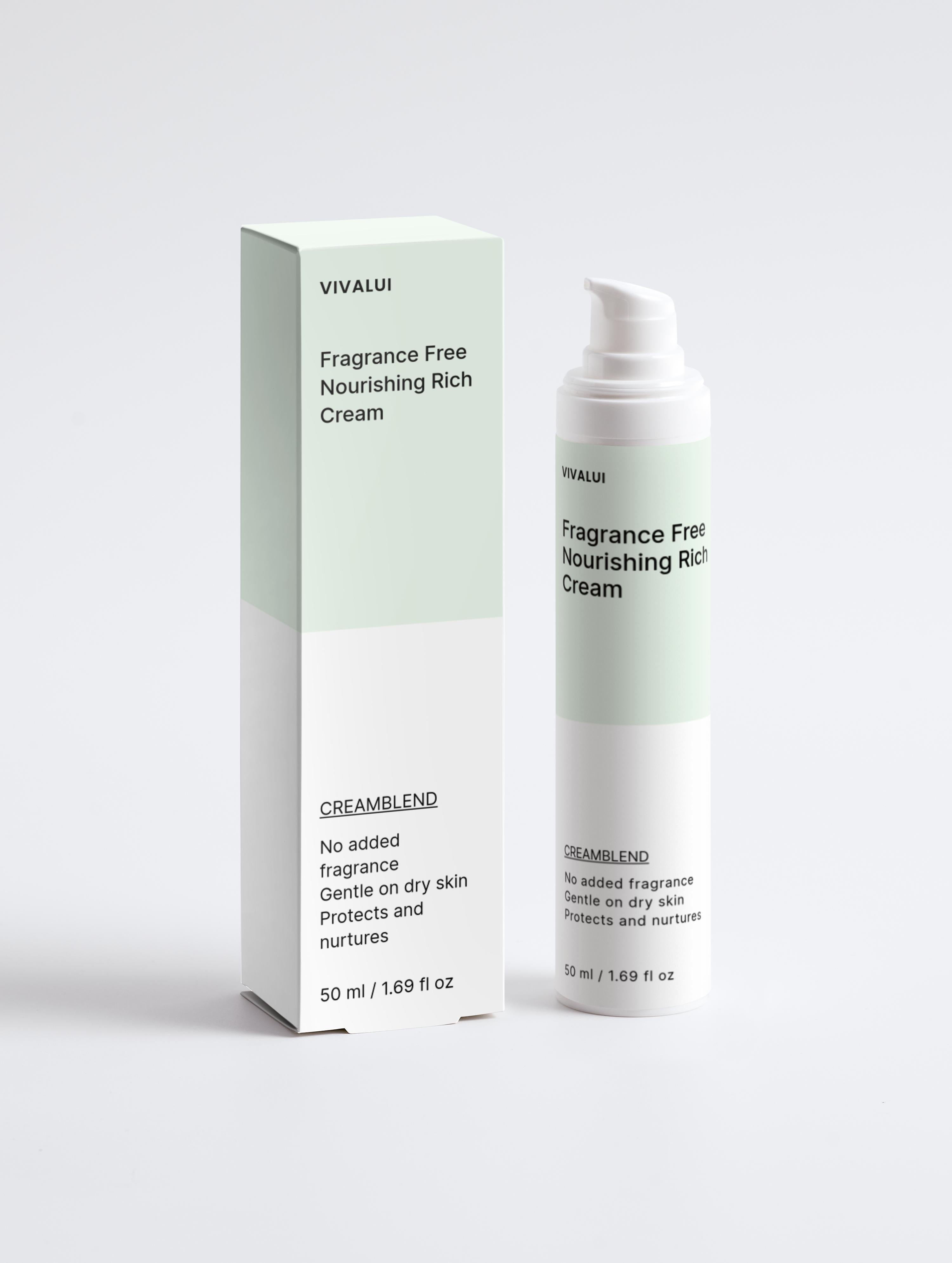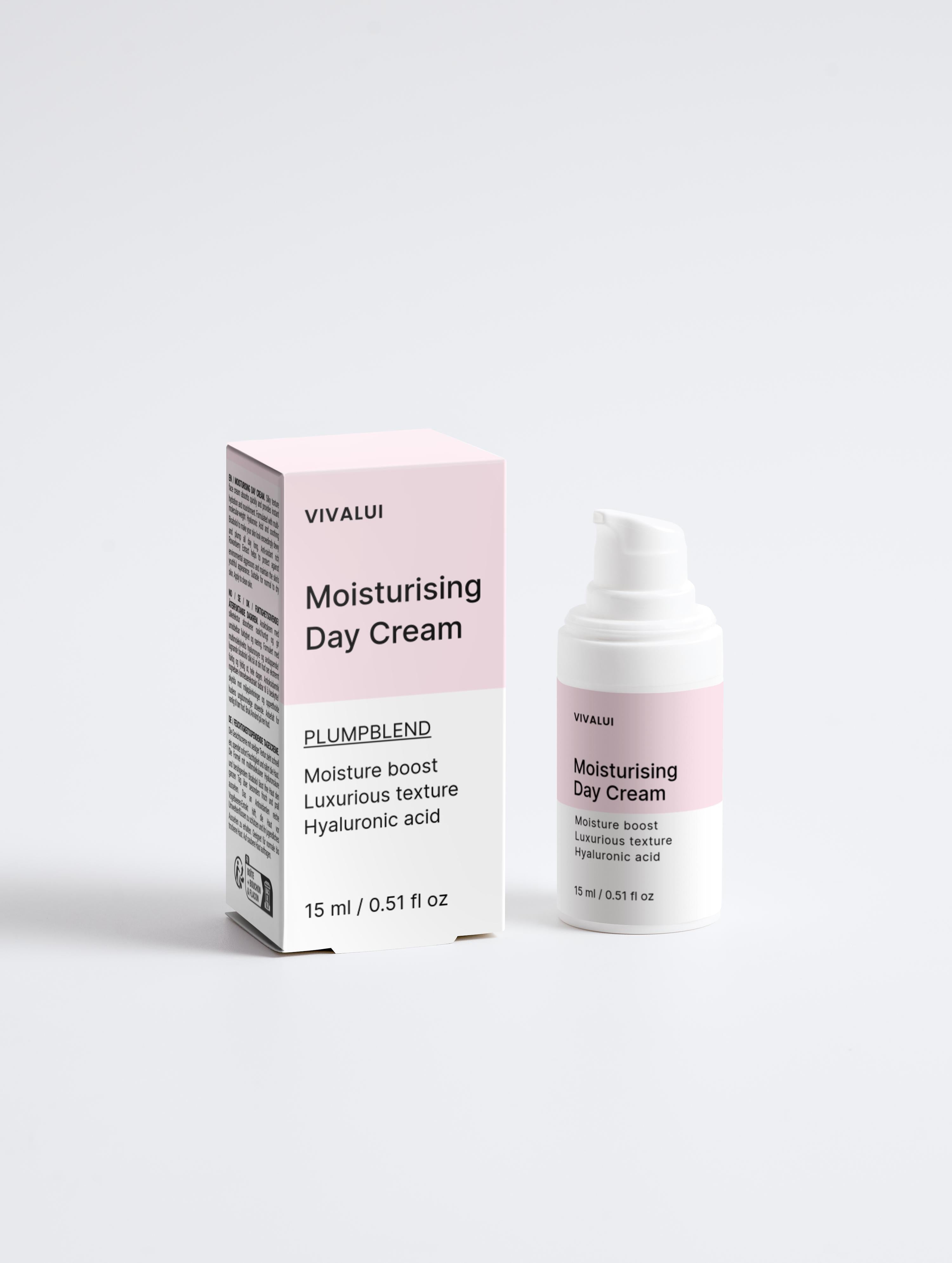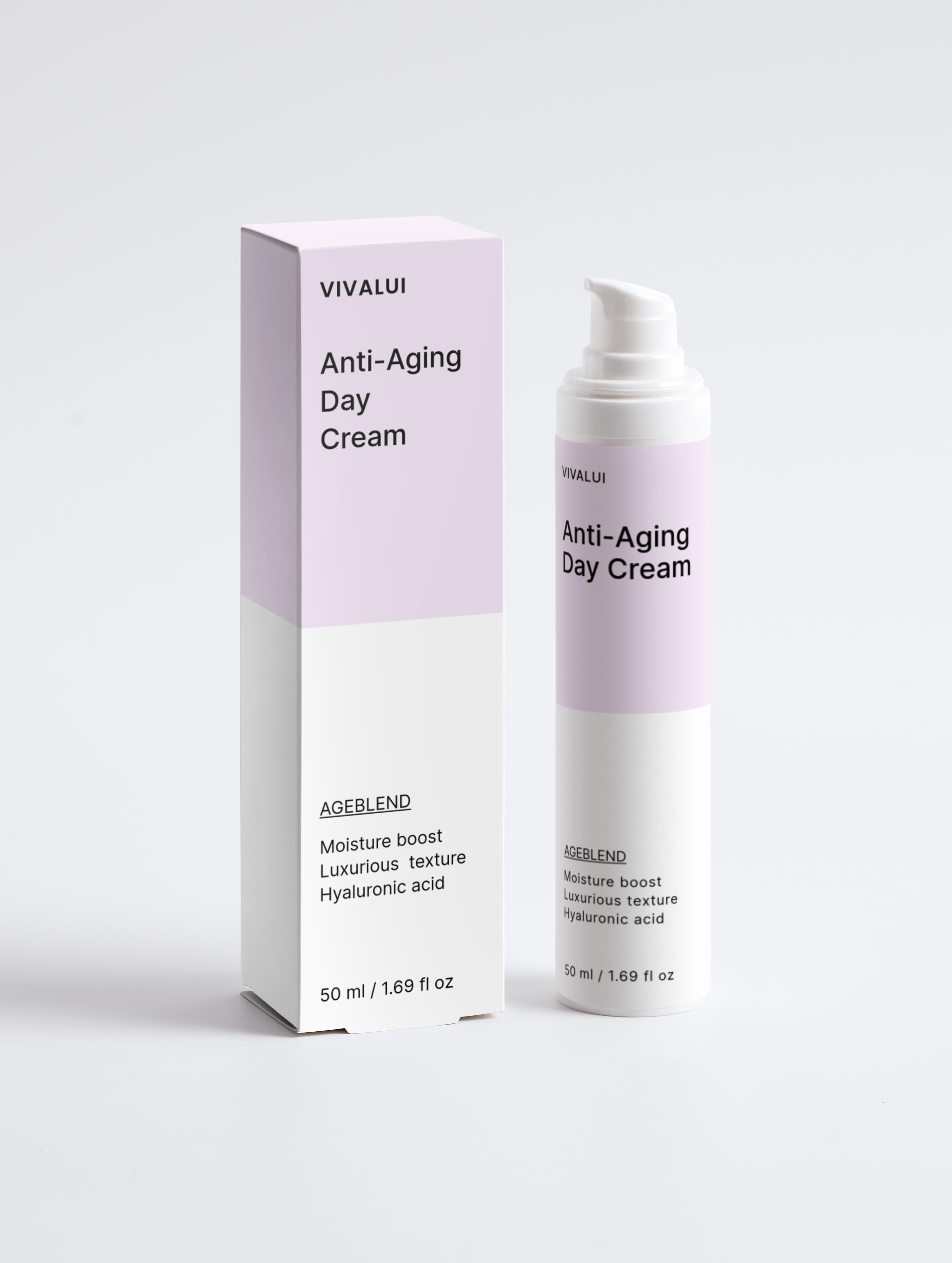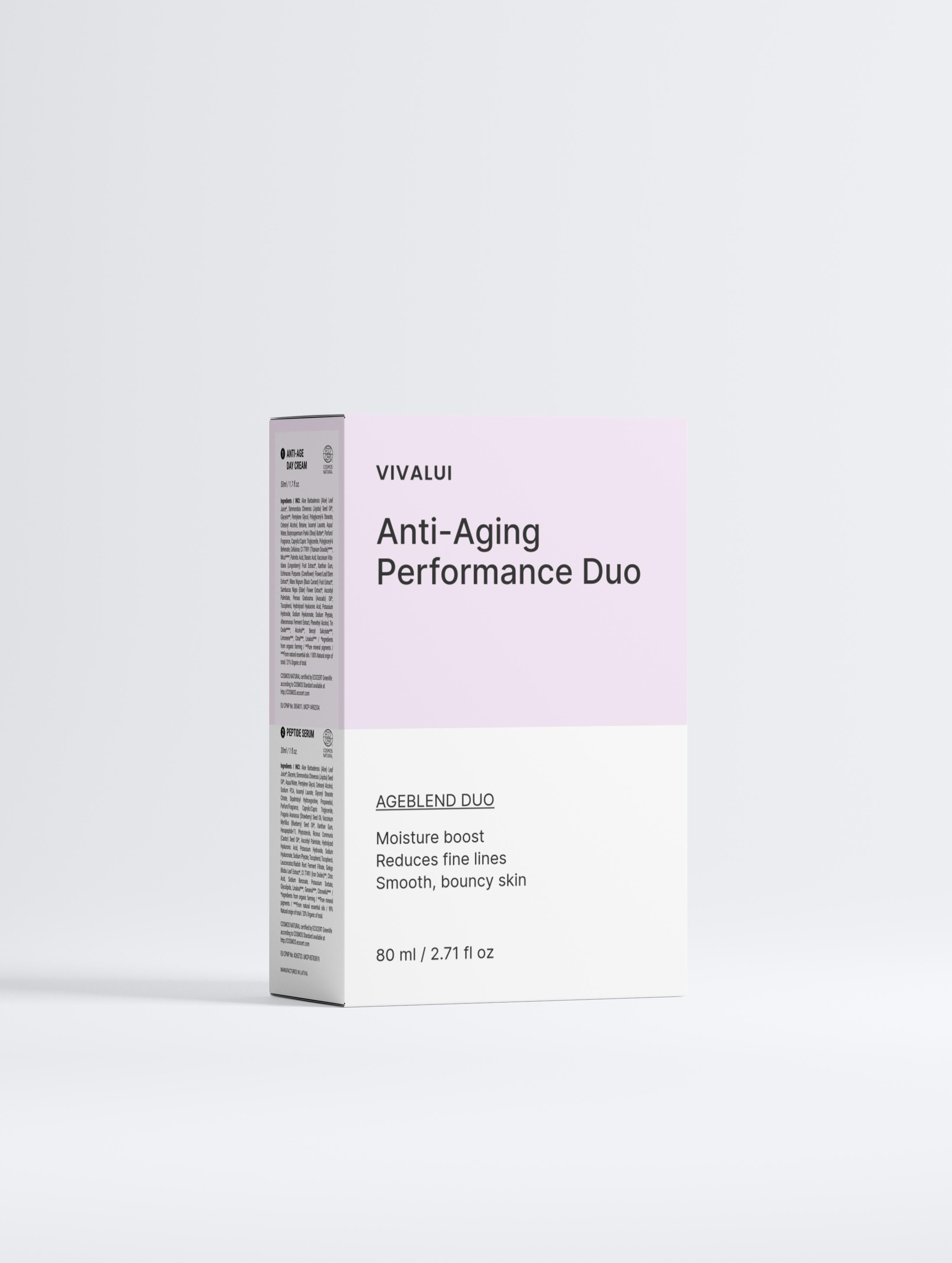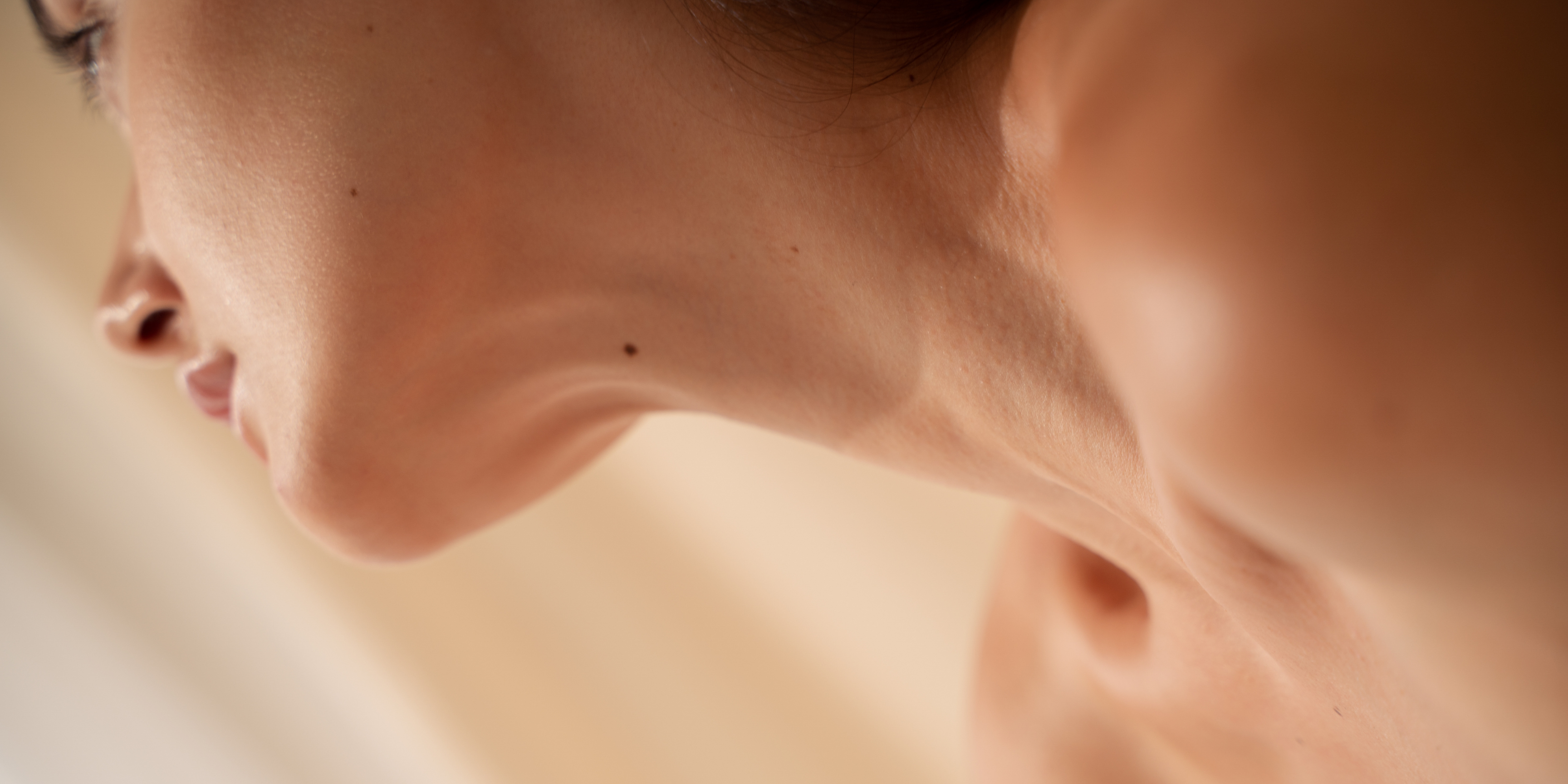Why is my nose so shiny or why is my skin so shiny? You may ask.
Although there are five types of skin, the male and female gender have distinct skin types. The hormone that determines the male skin, manly features, and a distinct structure from female skin is Testosterone.
So, every man’s skin is different; male skin is thicker, oilier, and ages differently than female skin.
It is also essential to know that Sebaceous glands and pores are greater in men, which means that men produce twice as much sebum, and as a result, men’s skin tends to be oilier.

So if your face feels greasy an hour after cleansing, it’s a sign that you have oily skin. Even though persons with oily skin have a natural glow, the excess oil typically clogs pores and causes acne.
Therefore, all you have to do is develop a skincare routine that will assist your skin in controlling its Sebum production.
Now, let’s look at what causes oily skin in males and how to treat it.
When the sebaceous glands in the skin produce too much sebum, the skin becomes oily. The waxy, oily fluid that covers and hydrates the skin is known as sebum.
Sebum is necessary for the skin’s health.
Too much sebum, on the other hand, can cause oily skin, plugged pores, and acne. When your skin generates too much sebum, you have oily skin.
Sebum is supposed to moisturize and protect your skin, but when your body generates too much, it mixes with dead skin cells and bacteria, which get caught in your pores and cause outbreaks.
Skin Care for Oily Face Men: Causes of oily skin

The following are the causes of oily skin in men:
- Dihydrotestosterone (DHT)
Dihydrotestosterone is said to be one of the main causes of oily skin in men.
This is because your sebaceous glands are forced to create more sebum when your Testosterone (sex hormone) changes to the powerful hormone DHT (oil).
- UV Rays Exposure
Overexposure to UV radiation can increase your skin’s oil production in addition to aging your skin and raising your risk of skin cancer.
While the sun’s rays may make your skin seem dry at first, they trigger an injury reaction in your skin.
This causes your sebaceous glands to produce more oil, which helps to moisturize and lubricate your skin.
- Changes in the weather
Weather changes can have an immediate impact on your skin type.
If you live in an area with a lot of humidity, you can have oily skin—the amount of oil produced by your skin increases in hot and humid weather.
- Genetics
You may have inherited oily skin from one or both of your parents.
Excess oil can indicate overactive sebaceous glands, which can result in oily skin and hair.
Men’s Skin Care Routine
The below points are men’s skin care routines for their oily faces:
- Wash your face twice a day
One of the most critical tasks in your men’s skin care routine is cleansing your skin. Wash your face at least twice a day and cleanse your face with a face cleanser to keep your skin healthy and radiant.

This will remove pollutants, debris, and excess oil from your skin and stop your pores clogging.
When cleansing your face, ensure you use a cleanser that’s right for you. Oil control cleansers can be used to eliminate excess sebum and prevent acne and outbreaks.
Cleansers that regulate oil also help to keep your skin’s pH in check. You can use damp hands to lather the cleanser, then gently massage it into your skin before washing it off.
[The best face wash for men with oily skin]
Lukewarm water is best when washing an oily face. It ensures your facial cleanser has the optimum amount of foaming action, eliminates enough debris from your skin’s surface, and balances its natural oils.
Tea tree or peppermint oil-based cleansers contain antimicrobial characteristics that can help to relieve greasy skin. You can use the one suitable for your skin.
You can as well wash your face with a mild soap-free from harsh chemicals and lukewarm water.
- Moisturize daily as a skin care routine for dry skin
Moisturizing is essential, regardless of your skin type. Moisturizers draw moisture from the environment and lock it in, keeping your skin nourished and supple.

They also increase the creation of Ceramide in your body, which prevents water loss from the top layer of your skin.
For your skin type, that is, oily face, choose oil-free, mild water-based moisturizers.
Use a moisturizer with non-pore blocking components, e.g., shea butter, neem oil, sunflower oil, sweet almond oil, grapeseed oil, and so on.
It is also best to use a non-greasy moisturizer to counteract your skin’s natural oil production.
Buy a moisturizer containing the following:
- Ceramides
Ceramides are oils that aid in the formation of your skin’s barrier and the retention of moisture. They play a crucial function in maintaining the strength and health of your skin’s structure.

When your skin’s ceramide ratio is lacking, your skin’s barrier can be weakened, which might result in dryness, itching, inflammation, and redness.
As a result, ceramide moisturizers can help preserve your skin’s barrier function and protect it against irritants, bacteria, and other contaminants.
Ceramides are listed on skincare labels as ceramide AP, NP, EOP, NG, and NS.
- Humectants
Ingredients known as humectants draw moisture from the environment to your skin. They’re commonly found in hydrating leave-on cosmetics, including serums, lotions, and creams.
Glycerin, hyaluronic acid, sorbitol, and propylene glycol are some of the most prevalent humectants found in skincare.
It is better to choose the one that best matches your skin tone. Natural compounds having humectant characteristics, such as aloe vera and honey, can also be used.
- Non-comedogenic Moisturizer
Your oily skin produces too much sebum, which causes pore blockage and results in acne and irritation.
This is why you should opt for a non-comedogenic moisturizer, as they are designed to prevent noticeable pore blockage.
- Lotion-based Moisturizer
Heavy creams or lotions may not be able to enter into your skin pores, clogging them and aggravating pimples; therefore, get a mild moisturizer with a lotion basis.
It readily penetrates your skin, allowing for oil management and nutrient enrichment.
- Exfoliate once every week
Exfoliation gives your skin a fresh lease on life, and it eliminates dead cells and brings out healthy skin for a more youthful appearance.

Exfoliation regularly also helps to prevent bacteria build-up and unclog pores.
Once or twice a week, exfoliate your skin. Excess oil production can be caused by dryness and inflammation, so don’t over-exfoliate your skin.
When using an exfoliating cleanser, be gentle with your skin.
You can use salicylic acid, a beta-hydroxy acid, if you have oily or acne-prone skin. It aids in the clearing of pores and the reduction of acne outbreaks.
If you’re going to use a scrub, be sure it’s made with natural components.
Kiwi, oats, coffee, walnuts, cucumber, and other fruits and vegetables can be used to create efficient and straightforward homemade scrubs.
Method for exfoliating at home:
- Two tablespoons grounded oatmeal
- One-quarter teaspoon of sea salt
- One tablespoon of water (cold)
- 12 tsp honey + 12 tsp olive oil
- In a mixing bowl, combine all of the ingredients until they form a paste.
- For about a minute, gently work the exfoliator into your skin.
- Use it once a week and rinse it off with cool water.
- Make use of a toner.
If you have oily skin, apply a toner to eliminate pollutants, keep your skin’s pH balanced, and avoid excess oil production.
To can also use a toner to calm your skin after shaving or cleansing.
Get a toner with salicylic acid in it. Salicylic acid is a potent anti-inflammatory that protects the skin from the development of acne, and it also contains antimicrobial characteristics that can help you get rid of acne.
- Apply A Mask To Your Face
Face masks are an excellent way to replenish your face with antioxidants, control excess oil, and give a nourished and beautiful appearance.

A face mask can deep-cleanse your skin twice a week. Clay masks can get rid of excess oil in your pores, and green clay is thought to be the most effective at regulating oil production in the skin.
Guide on How to Manage Oily Skin
How to look younger for men? Follow the below guide:
- Avoid scrubbing your face vigorously and more than once a week because it can cause skin dehydration.
- To avoid acne, use non-comedogenic makeup.
- Consume vitamin C-rich foods such as citrus fruits and green vegetables.
- Use toners constantly after every face wash.
- Purify your pores with a clay mask once a week.
Conclusion
The common saying that it is challenging to keep oily skin under control is not entirely true; neither is skincare hard.
All you only need to do is devote a little of your time to care for your skin by controlling your skin’s excess oil production with the correct skin care for men program.
True, you’ve been neglecting your skin for a long time but do not believe that skincare is the feminine gender domain alone; your skin can also be as flawless as a woman’s if you pay attention to it.

